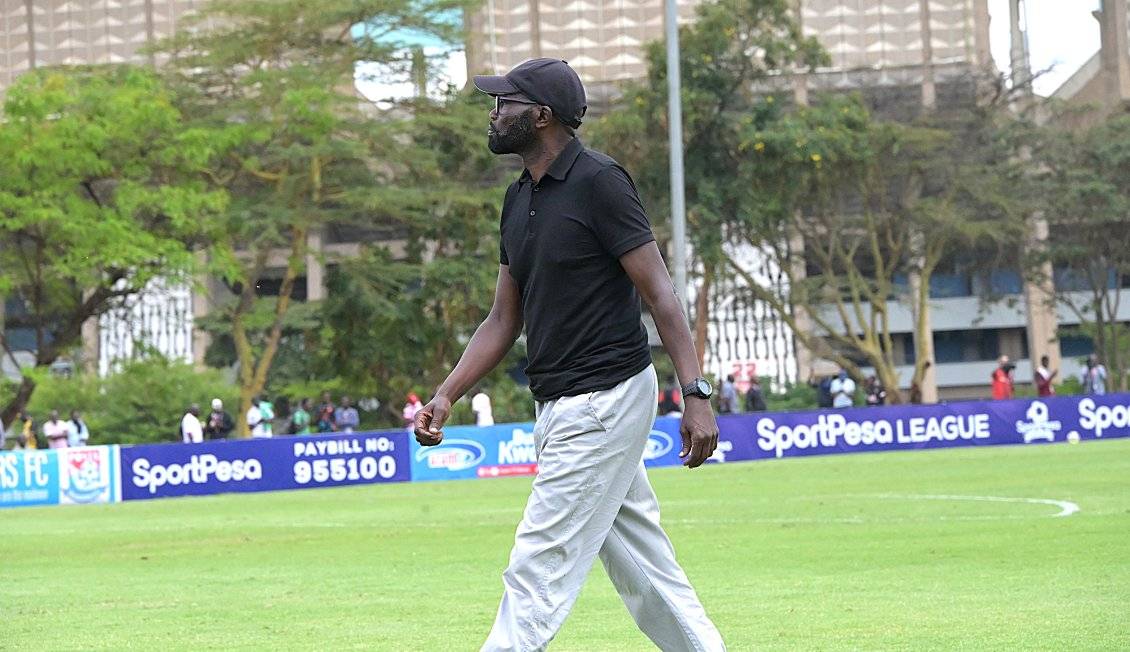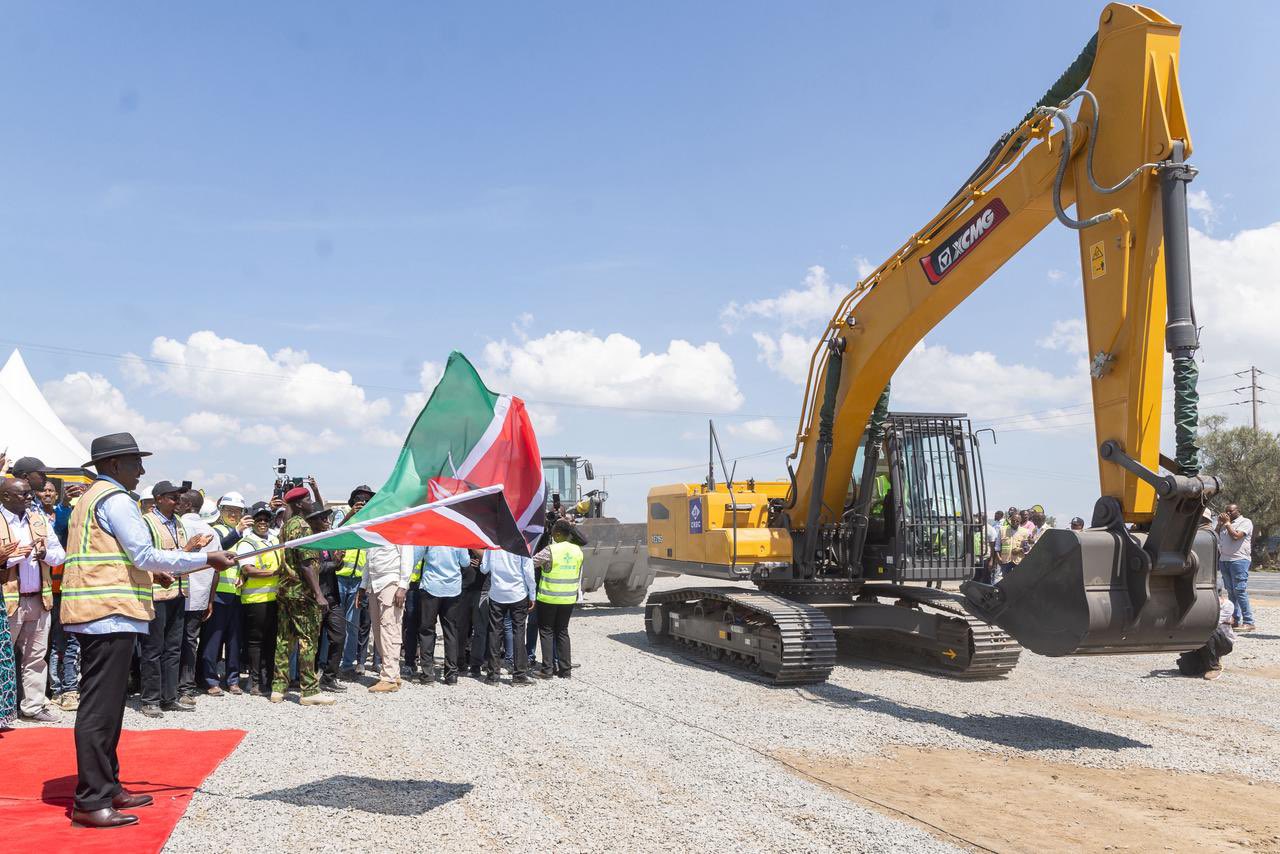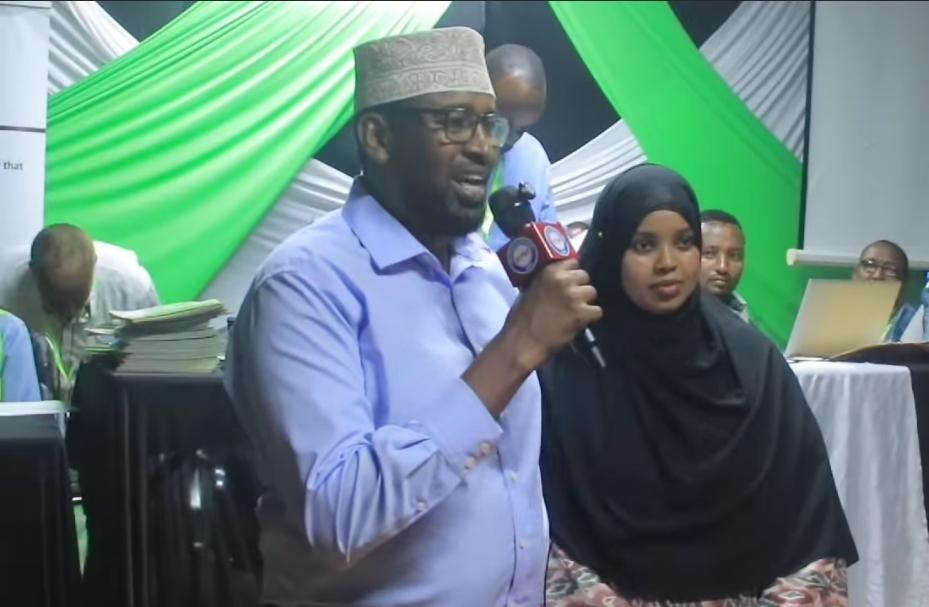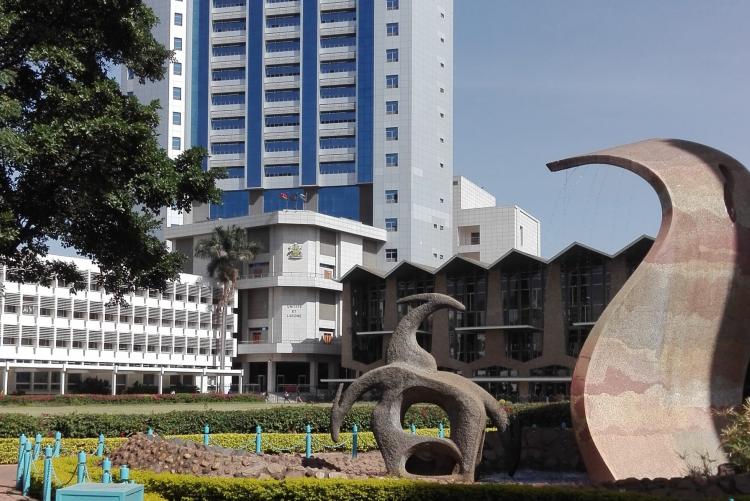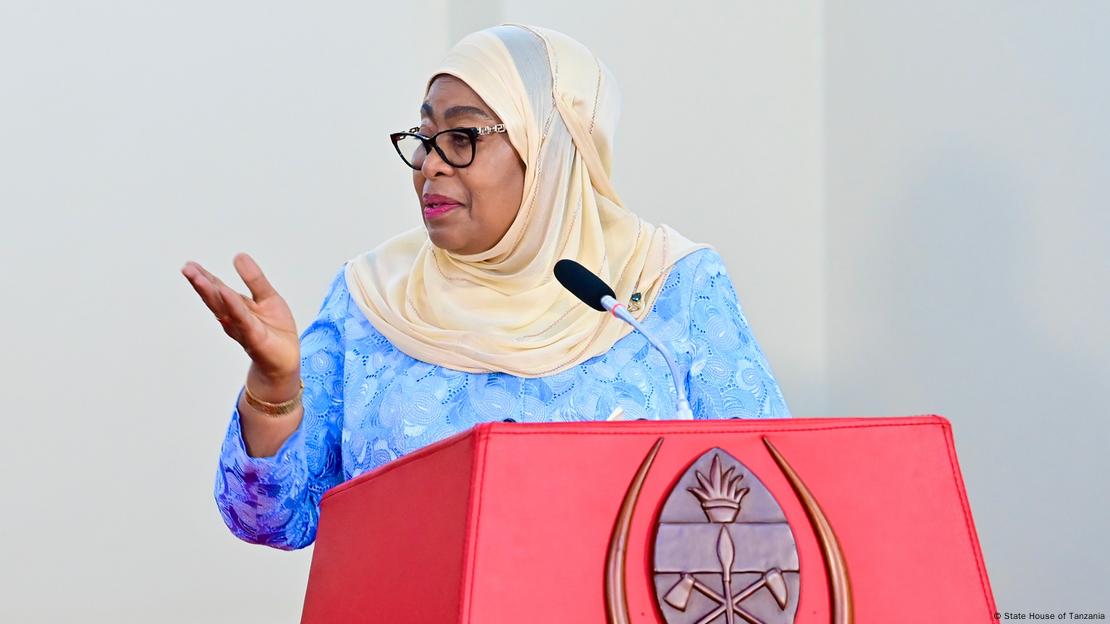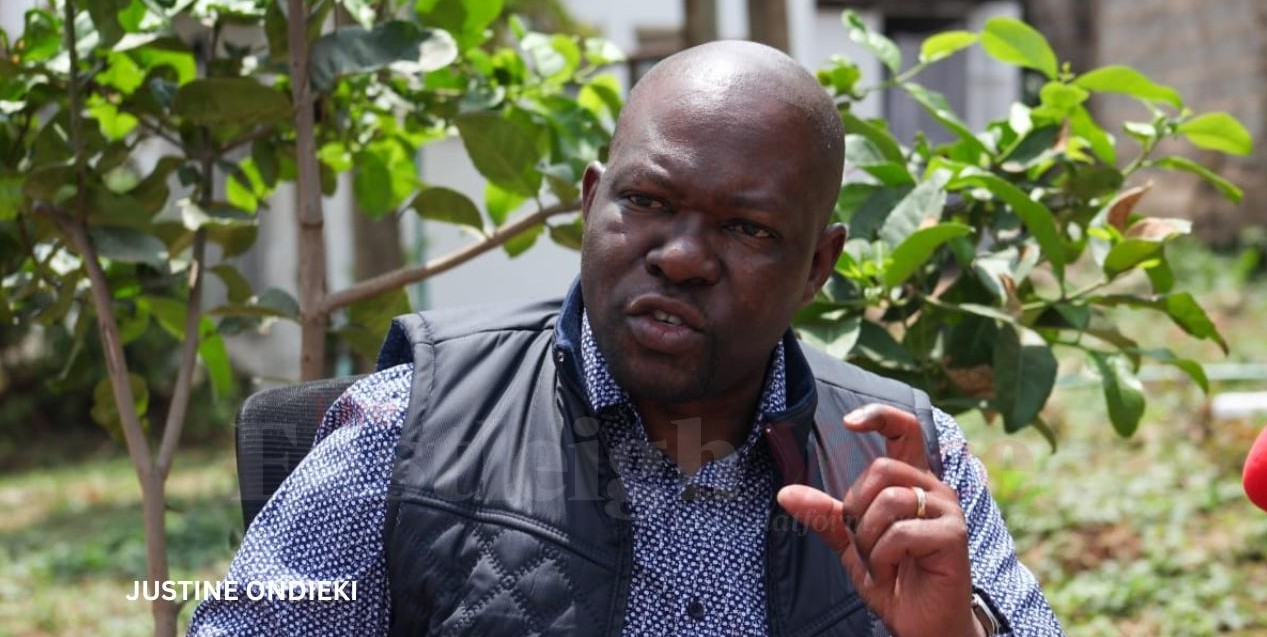Climate crisis threatens education in Africa -Save the Children
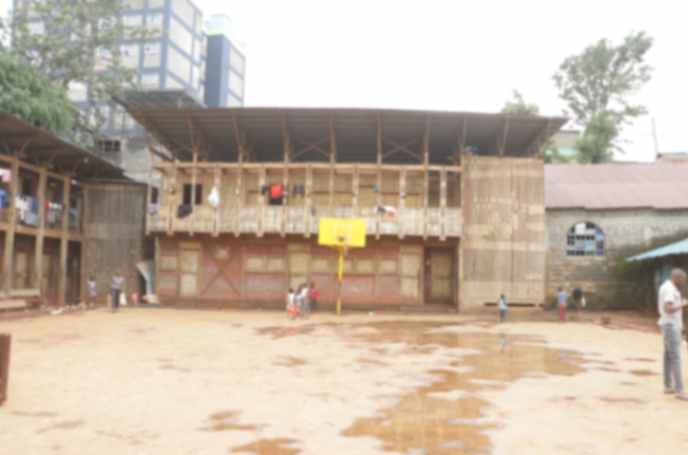
The heavy rains and floods destroyed at least 62 primary schools nationwide, leaving over 15,000 children without a place to learn when schools reopened, according to an assessment by Save the Children and the Ministry of Education.
Africa continues to grapple with the impact of climate change, with Kenya's education sector being hardest hit by recent floods, Save the Children has said. The organisation highlighted the severe impact of the climate crisis on education in Africa.
Extreme weather events are forcing school closures, denying millions of children access to quality learning. "We must act to safeguard the future of education and ensure equal opportunities for all children," said Save the Children on X. Extreme heat has exacerbated famine and malnutrition, putting countless children at risk.
More To Read
- What’s at stake in the COP30 negotiations?
- Major global emitters off track, no country strong enough to meet climate targets - report
- African activists rally and challenge COP30 agenda
- Ethiopia hosting COP32 a ‘win for the Horn of Africa’, IGAD says
- Power utilities raise clean energy investment plans by 26 per cent in major Net Zero push
- Kenya, EU ink Sh4.8 billion deal on environment and climate protection
According to Save the Children, about one billion children, or half of the world’s 2.2 billion children, live in countries highly susceptible to and often already experiencing the effects of climate change.
Save the Children notes that 50 per cent of the approximately 250 million children and adolescents worldwide live in the 36 countries most vulnerable to the climate crisis. Despite representing only about a quarter of school-age children globally, these countries are least equipped to adapt to climate impacts.
The countries most vulnerable to climate change are often the poorest or most fragile, where children are already more likely to be out of school due to conflict, poverty, disability, and gender inequality. Climate change increases the likelihood of extreme weather events and natural disasters that disrupt education.
Since 2020, around 62 million children and adolescents in 27 countries have had their education disrupted by climate shocks, resulting in significant long-term impacts on learning due to school closures and increased heatwaves.
In South Sudan, temperatures soared to 45°C, prompting the government to close schools for two weeks as this year's hot season arrived earlier than usual.
The recent floods from March to May in Kenya severely disrupted learning and postponed school reopenings twice. The floods also left more than 250 people dead and displaced over 250,000. An assessment revealed that over 20,000 toilet blocks were either submerged or severely damaged, posing serious health risks to over 1.5 million schoolchildren nationwide, according to the government.
The heavy rains and floods destroyed at least 62 primary schools nationwide, leaving over 15,000 children without a place to learn when schools reopened, according to an assessment by Save the Children and the Ministry of Education. The floods raised concerns about the spread of water-related diseases due to contamination.
Many students, particularly those living along riparian lands, were severely affected by the floods and subsequent demolitions, leaving many stranded.
Some schools in slum areas were demolished, exacerbating the situation. Learners in regions such as Mathare, Kamkunji, and Mukuru kwa Njenga were particularly hard hit by the floods and demolitions. Many of these schools, which had been used as rescue centres, were reopened without undergoing proper repairs.
Education Cabinet Secretary Ezekiel Machogu recently announced that the ministry is collaborating with MPs to replace infrastructure in schools damaged by floods. Machogu stated that MPs have begun receiving allocations from the National Government Community Development Fund to facilitate the rehabilitation of these schools.
"We are awaiting the supplementary budget currently under discussion in Parliament. Meanwhile, MPs have been allocated funding from the NG-CDF," said Machogu.
Each constituency received a minimum of Sh18 million for reconstruction efforts. "The priority now is to rehabilitate the infrastructure destroyed by the floods," stressed Machogu.
He noted that the ministry has identified specific schools that need repairs. "We have detailed information on the number of schools damaged, the facilities requiring rehabilitation, and the specific schools affected," he added.
Top Stories Today

